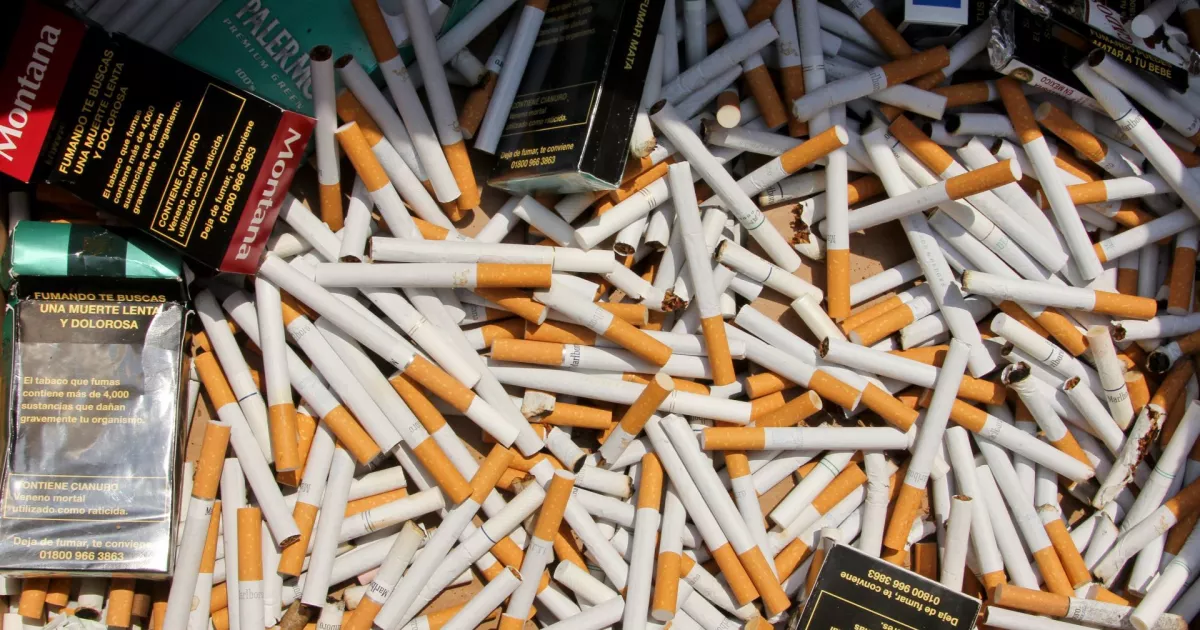“It is one of the most cost-effective policies. Yes, the consumption of tobacco will decrease, it will not be in three months or in a year. It is a long-range measure. But in two years, three years, there will be significant changes, especially in the new generations, ”she stressed in an interview.
In addition, he said, the new regulation follows the recommendations on the matter of the World Health Organization (WHO) and, since 2008, the country had committed to implement them.
The control of cigarettes, their smoke and emissions is a fundamental public health policy, since tobacco generates high addiction and contains around 4,000 substances, of which 100 are carcinogenic, assured the now president of Refleacciona con Responsabilidad, a civil association focused in the promotion of health and road safety.
“These new provisions benefit the physical and mental health of people and prioritize the best interests of children,” agreed Carlos Gámez, head of the National Office for Tobacco and Alcohol Control of the National Commission against Addictions (Conadic). .
Tobacco, the main risk factor for serious diseases
The National Survey of Drug, Alcohol and Tobacco Consumption (Encodat) 2016-2017, last date of its update, showed that in Mexico 17.6% of people between the ages of 12 and 65 were active smokers. This proportion is equivalent to 14.9 million people, of whom 5.5 million smoked daily and 9.4 million occasionally.
The survey estimates that in Mexico 43,000 people die each year from diseases attributable to smoking, mainly cardiovascular and cerebrovascular diseases, chronic respiratory diseases and lung cancer. Therefore, reducing the consumption of tobacco or nicotine products would protect people from serious and costly diseases.














